Antibacterial soap is an essential product for anyone who has recently gotten a piercing. Taking care of your piercing properly is crucial to ensure it heals well and remains free from infection. With so many options on the market, it can be overwhelming to choose the right antibacterial soap for your needs. In this article, we will explore the benefits of using a good antibacterial soap for piercings and provide you with the information you need to make an informed decision. One of the key benefits of using antibacterial soap for piercings is its ability to help prevent infection. When you get a piercing, you are creating an open wound in your skin, which can easily become infected if not properly cared for. Antibacterial soap is designed to kill bacteria on the skin, reducing the risk of infection and promoting healing. By using antibacterial soap regularly, you can keep your piercing clean and free from harmful bacteria. Another benefit of using antibacterial soap for piercings is that it helps to remove dirt and oils from the skin. Throughout the day, our skin can accumulate dirt, sweat, and oils, which can clog the piercing and prevent it from healing properly. Antibacterial soap works to cleanse the skin, removing impurities and ensuring that your piercing stays clean and healthy. By using antibacterial soap as part of your piercing aftercare routine, you can promote faster healing and reduce the risk of complications. In addition to preventing infection and removing impurities, a good antibacterial soap for piercings can also help to soothe the skin. Getting a piercing can be a painful experience, and it’s not uncommon for the area to feel sore and tender. Antibacterial soap that contains gentle ingredients can help to soothe the skin, reducing irritation and promoting comfort. Look for antibacterial soaps that are formulated with ingredients like aloe vera or chamomile, which have natural soothing properties that can help to calm the skin and alleviate discomfort.
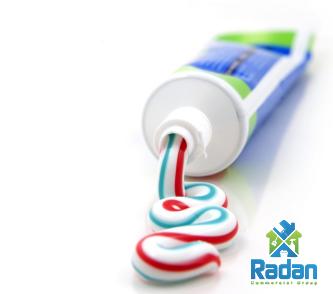
.
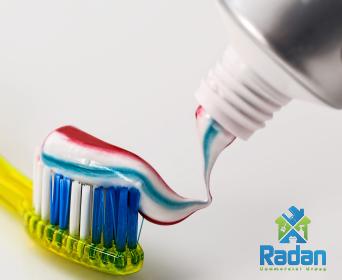 When choosing an antibacterial soap for your piercing, it’s important to look for products that are specifically formulated for this purpose. Not all antibacterial soaps are suitable for use on piercings, as some may contain harsh ingredients that can irritate the skin. Opt for a gentle antibacterial soap that is free from fragrances, dyes, and other potential irritants. Look for products that are labeled as being safe for use on piercings, as these will be specifically formulated to promote healing and reduce the risk of infection. One popular option for a good antibacterial soap for piercings is a gentle liquid soap that is fragrance-free and dye-free. These types of soaps are typically mild enough to use on sensitive skin, making them ideal for cleaning piercings without causing irritation. Liquid soaps are also easy to use, as you can simply dispense a small amount onto your hands and lather it up before applying it to the piercing. Look for liquid soaps that are formulated with nourishing ingredients like glycerin, which can help to keep the skin hydrated and healthy. Another option to consider is a gentle antibacterial soap that comes in a bar form. Bar soaps are a popular choice for piercing aftercare, as they are easy to use and can be more cost-effective than liquid soaps. Look for antibacterial bar soaps that are specifically designed for use on piercings, as these will be gentle enough to cleanse the skin without causing irritation. Opt for a soap that is made with natural ingredients, such as coconut oil or shea butter, which can help to moisturize the skin and promote healing. When using antibacterial soap for your piercing, it’s important to follow the proper cleaning and care instructions. Begin by washing your hands thoroughly with warm water and antibacterial soap before touching your piercing. Wet the area around the piercing with warm water, then apply a small amount of antibacterial soap to the piercing. Gently lather the soap and rinse the area with warm water to remove any residue. Pat the area dry with a clean paper towel or let it air dry. It’s important to clean your piercing with antibacterial soap at least twice a day to keep it free from bacteria and promote healing.
When choosing an antibacterial soap for your piercing, it’s important to look for products that are specifically formulated for this purpose. Not all antibacterial soaps are suitable for use on piercings, as some may contain harsh ingredients that can irritate the skin. Opt for a gentle antibacterial soap that is free from fragrances, dyes, and other potential irritants. Look for products that are labeled as being safe for use on piercings, as these will be specifically formulated to promote healing and reduce the risk of infection. One popular option for a good antibacterial soap for piercings is a gentle liquid soap that is fragrance-free and dye-free. These types of soaps are typically mild enough to use on sensitive skin, making them ideal for cleaning piercings without causing irritation. Liquid soaps are also easy to use, as you can simply dispense a small amount onto your hands and lather it up before applying it to the piercing. Look for liquid soaps that are formulated with nourishing ingredients like glycerin, which can help to keep the skin hydrated and healthy. Another option to consider is a gentle antibacterial soap that comes in a bar form. Bar soaps are a popular choice for piercing aftercare, as they are easy to use and can be more cost-effective than liquid soaps. Look for antibacterial bar soaps that are specifically designed for use on piercings, as these will be gentle enough to cleanse the skin without causing irritation. Opt for a soap that is made with natural ingredients, such as coconut oil or shea butter, which can help to moisturize the skin and promote healing. When using antibacterial soap for your piercing, it’s important to follow the proper cleaning and care instructions. Begin by washing your hands thoroughly with warm water and antibacterial soap before touching your piercing. Wet the area around the piercing with warm water, then apply a small amount of antibacterial soap to the piercing. Gently lather the soap and rinse the area with warm water to remove any residue. Pat the area dry with a clean paper towel or let it air dry. It’s important to clean your piercing with antibacterial soap at least twice a day to keep it free from bacteria and promote healing.
..
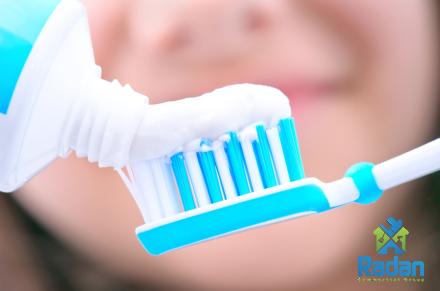 Avoid using harsh chemicals or alcohol-based products on your piercing, as these can cause irritation and slow down the healing process. Stick to using gentle antibacterial soap that is specifically formulated for piercings, and be consistent with your cleaning routine to ensure the best results. In conclusion, using a good antibacterial soap for piercings is essential for promoting healing and preventing infection. By choosing a gentle antibacterial soap that is specifically formulated for piercings and following the proper cleaning instructions, you can keep your piercing clean and healthy. Look for products that are fragrance-free, dye-free, and gentle on the skin, and be consistent with your cleaning routine to ensure the best results. Taking care of your piercing properly with the right antibacterial soap will help it heal quickly and ensure that you can enjoy your new piercing without any complications. Remember, caring for your piercing is a crucial part of the healing process. Using a good antibacterial soap is just one step in ensuring that your piercing remains clean and free from infection. In addition to using antibacterial soap, there are other steps you can take to promote healing and prevent complications. First and foremost, it’s important to avoid touching your piercing with dirty hands. Keep your hands clean by washing them regularly with soap and warm water, especially before touching your piercing. Touching your piercing with dirty hands can introduce bacteria and dirt, increasing the risk of infection. Be mindful of this and make a habit of washing your hands before handling your piercing. Furthermore, it’s important to avoid playing with or twisting your piercing. While it may be tempting to touch or play with your new piercing, this can irritate the area and prolong the healing process. Leave your piercing alone as much as possible and avoid twisting or moving the jewelry. Let your piercing heal naturally without interference, and it will heal more quickly and effectively.
Avoid using harsh chemicals or alcohol-based products on your piercing, as these can cause irritation and slow down the healing process. Stick to using gentle antibacterial soap that is specifically formulated for piercings, and be consistent with your cleaning routine to ensure the best results. In conclusion, using a good antibacterial soap for piercings is essential for promoting healing and preventing infection. By choosing a gentle antibacterial soap that is specifically formulated for piercings and following the proper cleaning instructions, you can keep your piercing clean and healthy. Look for products that are fragrance-free, dye-free, and gentle on the skin, and be consistent with your cleaning routine to ensure the best results. Taking care of your piercing properly with the right antibacterial soap will help it heal quickly and ensure that you can enjoy your new piercing without any complications. Remember, caring for your piercing is a crucial part of the healing process. Using a good antibacterial soap is just one step in ensuring that your piercing remains clean and free from infection. In addition to using antibacterial soap, there are other steps you can take to promote healing and prevent complications. First and foremost, it’s important to avoid touching your piercing with dirty hands. Keep your hands clean by washing them regularly with soap and warm water, especially before touching your piercing. Touching your piercing with dirty hands can introduce bacteria and dirt, increasing the risk of infection. Be mindful of this and make a habit of washing your hands before handling your piercing. Furthermore, it’s important to avoid playing with or twisting your piercing. While it may be tempting to touch or play with your new piercing, this can irritate the area and prolong the healing process. Leave your piercing alone as much as possible and avoid twisting or moving the jewelry. Let your piercing heal naturally without interference, and it will heal more quickly and effectively.
…
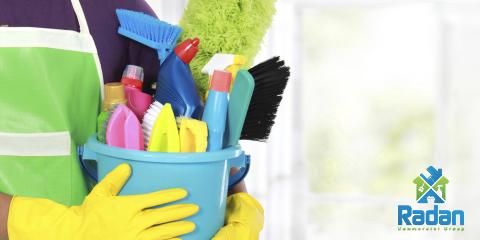 Additionally, be mindful of the jewelry you are wearing in your piercing. Make sure that the jewelry is made of high-quality materials, such as surgical stainless steel or titanium, to reduce the risk of irritation and infection. Avoid wearing jewelry that is too tight or too loose, as this can cause discomfort and interfere with the healing process. If you experience any redness, swelling, or discharge around the piercing, it may be a sign that the jewelry is causing irritation. In this case, consult with your piercer or a healthcare professional for advice. Maintaining good hygiene is essential for the healing of your piercing. In addition to cleaning your piercing with antibacterial soap, be sure to rinse it well after washing to remove any soap residue. Avoid using harsh cleaning products, such as alcohol or hydrogen peroxide, as these can dry out the skin and slow down the healing process. Stick to using gentle soap and warm water to clean your piercing, and pat it dry with a clean paper towel afterwards. It’s also important to avoid exposing your piercing to potential irritants, such as harsh chemicals, fragrances, or makeup. These can cause irritation and delay the healing process. Be mindful of the products you use on your skin and try to avoid applying them near your piercing. If you need to apply skincare products or makeup, be sure to do so carefully and avoid contact with your piercing. Lastly, listen to your body and pay attention to any signs of infection or complications. If you notice any redness, swelling, pain, or discharge around your piercing, it may be a sign of infection. If you suspect that your piercing is infected, seek help from a healthcare professional as soon as possible. Prompt treatment is crucial to prevent the infection from worsening and causing further complications. In conclusion, using a good antibacterial soap for your piercing is an essential part of the aftercare routine. By choosing a gentle, fragrance-free soap that is specifically formulated for piercings, you can keep your piercing clean and promote healing. In addition to using antibacterial soap, remember to follow proper cleaning instructions, avoid touching your piercing with dirty hands, and be mindful of the jewelry you wear. With proper care and attention, your piercing will heal quickly and you can enjoy your new body art without any issues.
Additionally, be mindful of the jewelry you are wearing in your piercing. Make sure that the jewelry is made of high-quality materials, such as surgical stainless steel or titanium, to reduce the risk of irritation and infection. Avoid wearing jewelry that is too tight or too loose, as this can cause discomfort and interfere with the healing process. If you experience any redness, swelling, or discharge around the piercing, it may be a sign that the jewelry is causing irritation. In this case, consult with your piercer or a healthcare professional for advice. Maintaining good hygiene is essential for the healing of your piercing. In addition to cleaning your piercing with antibacterial soap, be sure to rinse it well after washing to remove any soap residue. Avoid using harsh cleaning products, such as alcohol or hydrogen peroxide, as these can dry out the skin and slow down the healing process. Stick to using gentle soap and warm water to clean your piercing, and pat it dry with a clean paper towel afterwards. It’s also important to avoid exposing your piercing to potential irritants, such as harsh chemicals, fragrances, or makeup. These can cause irritation and delay the healing process. Be mindful of the products you use on your skin and try to avoid applying them near your piercing. If you need to apply skincare products or makeup, be sure to do so carefully and avoid contact with your piercing. Lastly, listen to your body and pay attention to any signs of infection or complications. If you notice any redness, swelling, pain, or discharge around your piercing, it may be a sign of infection. If you suspect that your piercing is infected, seek help from a healthcare professional as soon as possible. Prompt treatment is crucial to prevent the infection from worsening and causing further complications. In conclusion, using a good antibacterial soap for your piercing is an essential part of the aftercare routine. By choosing a gentle, fragrance-free soap that is specifically formulated for piercings, you can keep your piercing clean and promote healing. In addition to using antibacterial soap, remember to follow proper cleaning instructions, avoid touching your piercing with dirty hands, and be mindful of the jewelry you wear. With proper care and attention, your piercing will heal quickly and you can enjoy your new body art without any issues.
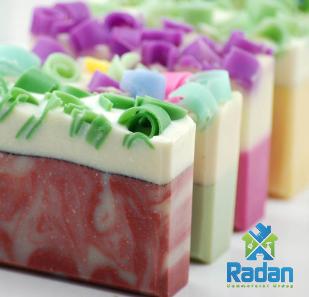
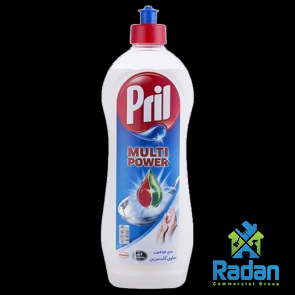
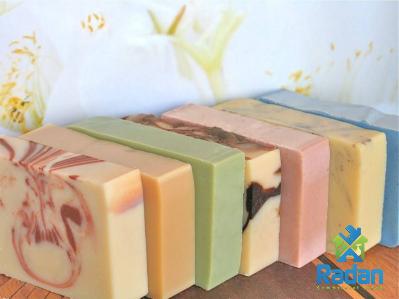
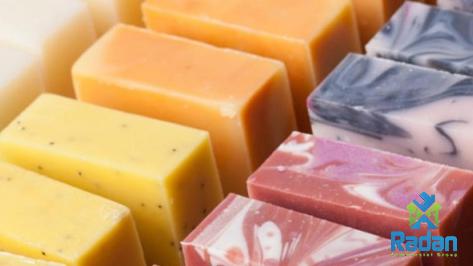
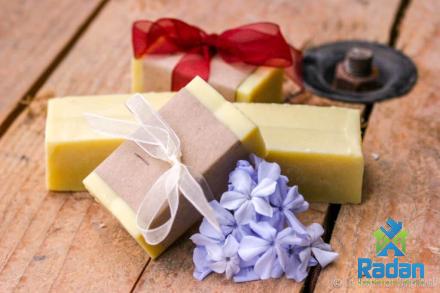
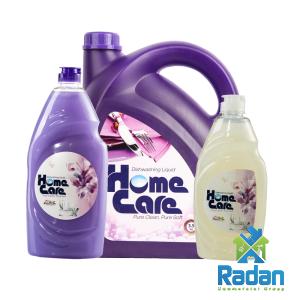
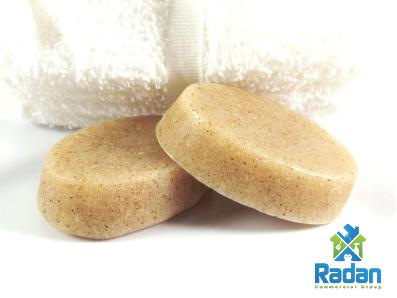
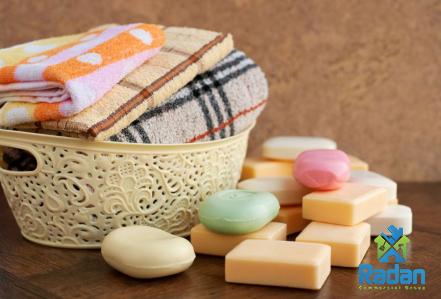
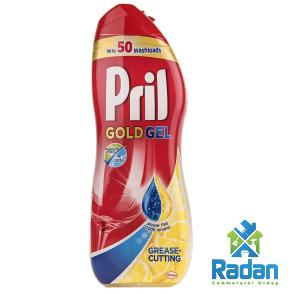
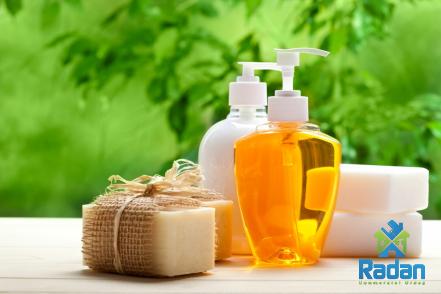
Your comment submitted.